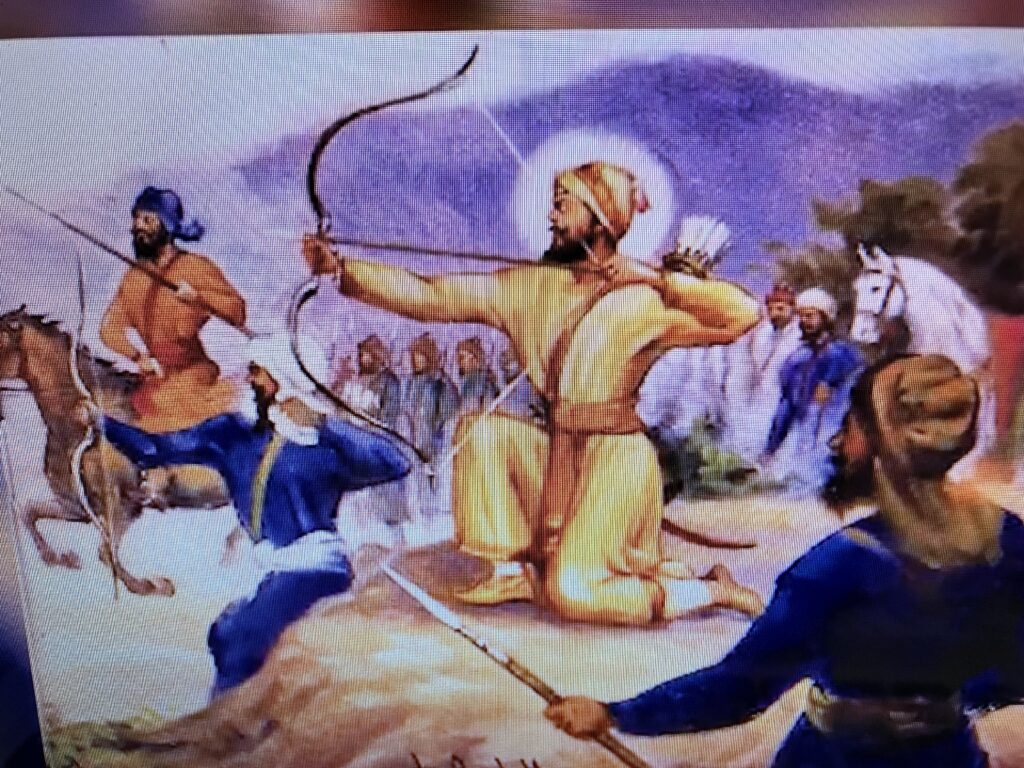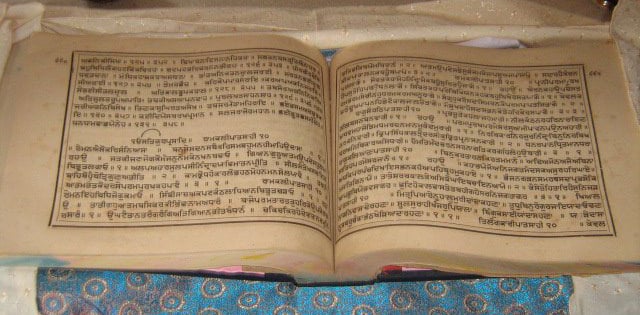About The Author
Guru Gobind Singh
About the author
Guru Gobind Singh (Punjabi pronunciation: Gudu Gobind Singh, born Gobind Das, 22 December 1666 – 7 October 1708) was the tenth and last human Sikh Gudu. He was an avataar of The One Creator, warrior, poet, and philosopher. In 1675, at the age of nine he was formally installed as the leader (Gudu) of the Sikhs after his father Gudu Tayg Bahaadur was executed by Emperor Aurangzeb. His father was the ninth Sikh Gudu. His four biological sons died during his lifetime – two in battle and two executed by the Mughal governor Wazir Khan. Among his notable contributions to Sikhism are founding the Sikh warrior community called Khalsa in 1699 and introducing the Five Ks, the five articles of faith that Khalsa Sikhs wear at all times. Gudu Gobind Singh is credited with the The Dasam Granth whose hymns are a sacred part of Sikh prayers and Khalsa lifestyle. He is also credited as the one who finalized and enshrined the Gudu Granth Saahib as Sikhism’s primary holy religious scripture and the eternal Gudu.

About The Sidee Dasam Granth Saahib:
The Dasam Granth Saahib (Book of the Tenth Sikh Master) or The Bachitar Natak Granth is a Sikh scripture composed by the 10th Sikh Gudu, Gudu Gobind Singh Jee.. The Jaap Saahib, Tva Prasaad Svayyay and Bayntee Chaaupaee, all compositions from The Dasam Granth, are part of the daily prayers (Nitnaym) of the Sikhs, which serve, as well, as a part of the Sikh initiation ceremony when one becomes an Amritdaaree (baptized Sikh). The beginning portion of the daily Ardaas (prayer) for Sikhs is also a composition within the Dasam Granth from the beginning of Chandee Dee Vaar. This Granth also contains the background of creation of Khaalsaa Panth.
The Shastra Naam Maalaa (Rosary of Weapons) is just one chapter in this voluminous text and according to Dasam Granth scholar and researcher, Dr. Kaamalrup Singh, the whole of The Dasam Granth Saahib are the writings of Gudu Gobind Singh himself and not any other author as some others claim, see The Granth of Guru Gobind Singh by Kaamalrup Singh and Gurinder Singh Mann.

